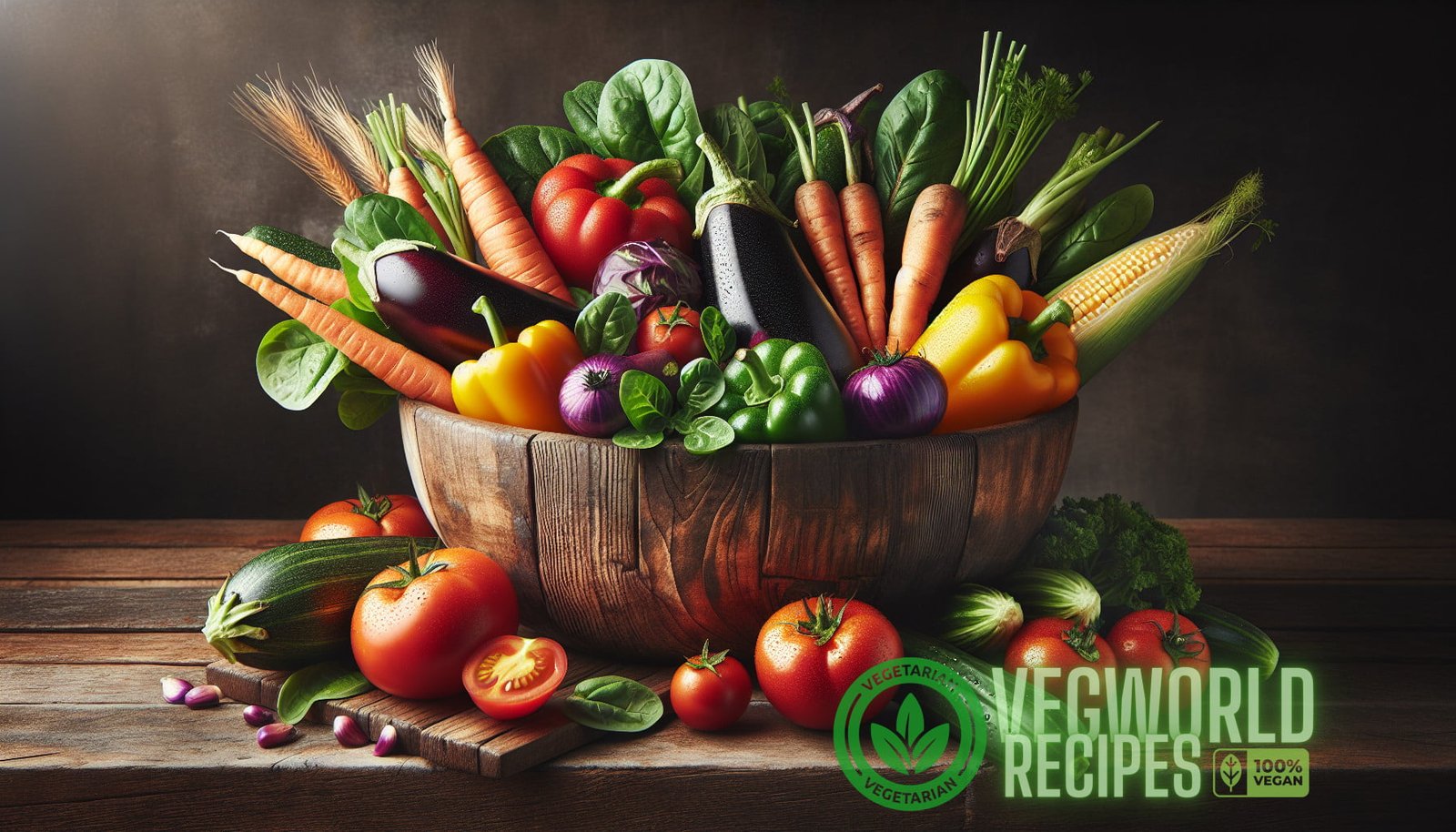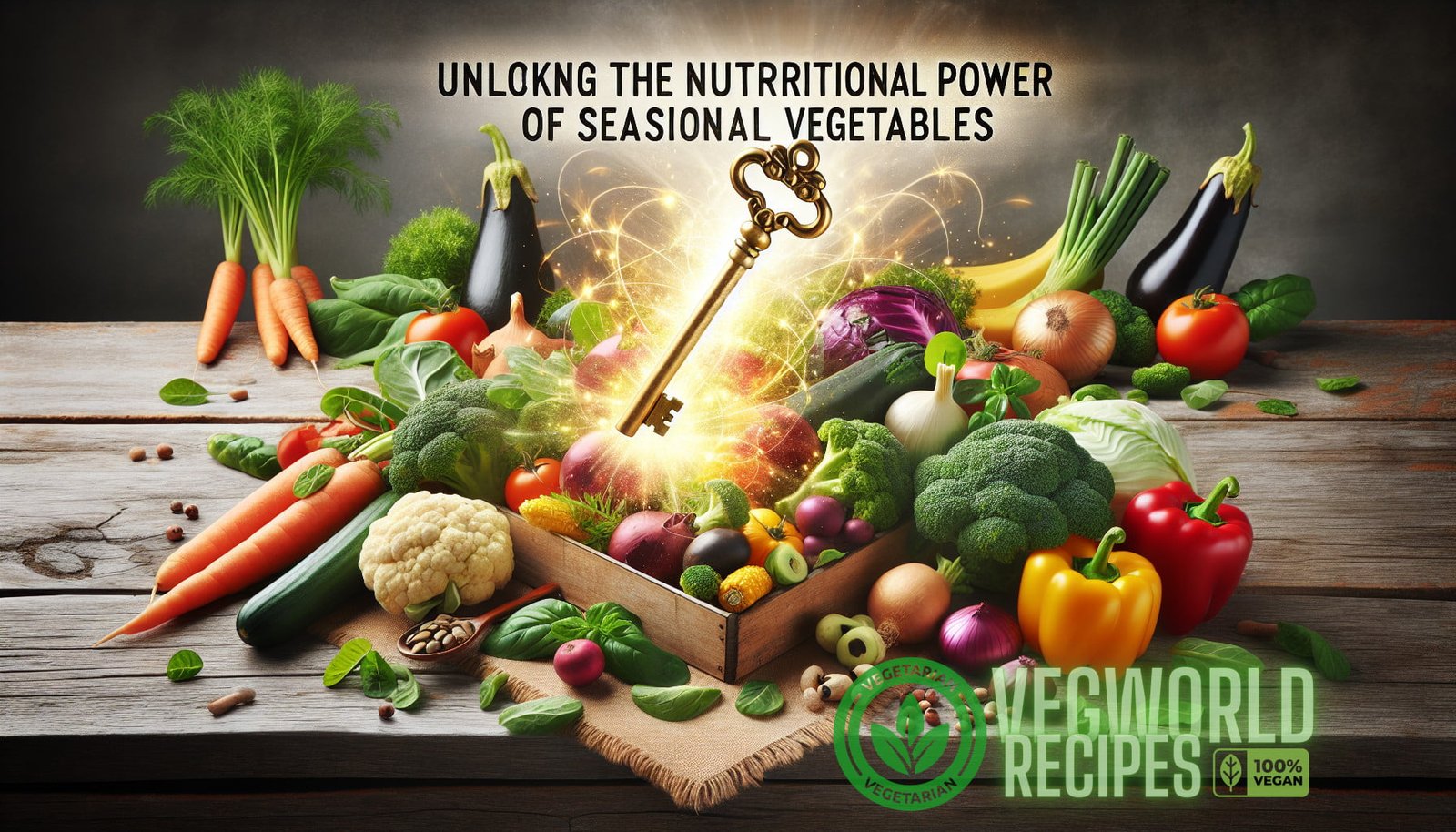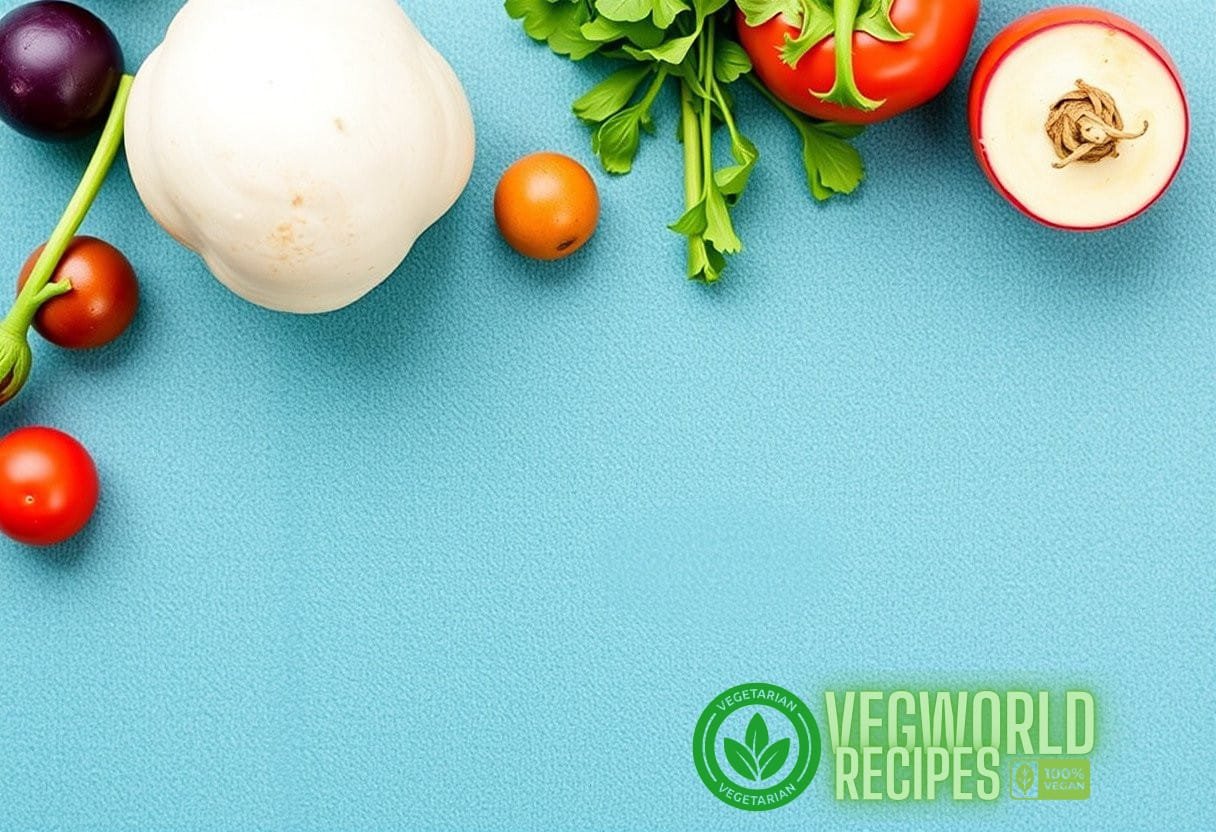Introduction
Nutrition is a fundamental aspect of our overall health and well-being. It plays a crucial role in maintaining a strong immune system, enhancing brain function, and preventing chronic illnesses. While there are numerous ways to incorporate nutritious foods into our diet, one of the best ways to ensure optimal freshness and nutritional content is by consuming seasonal vegetables.
In this article, we will delve deeper into the nutritional benefits of seasonal vegetables and discuss the impact of freshness on our health and well-being. We will explore the science behind the flavor and nutritional content of fresh produce, providing valuable insights and expert opinions on the subject.
The Nutritional Benefits of Seasonal Vegetables
Eating seasonal vegetables offers numerous advantages in terms of nutrition and health. Here are some of the key benefits:
1. Higher Nutritional Value
Seasonal vegetables tend to be richer in nutrients compared to out-of-season produce. This is mainly because they are harvested at the peak of their ripeness, ensuring the highest nutritional content. Nutrients such as vitamins, minerals, and antioxidants are essential for our body to function optimally, and consuming seasonal vegetables is an excellent way to obtain them.
2. Enhanced Flavor
Freshness plays a vital role in the flavor of vegetables. Seasonal vegetables are often more flavorful compared to their out-of-season counterparts. This is because vegetables that are grown and consumed in their appropriate season have had the time to fully develop their natural sugars, resulting in a more robust and satisfying taste. The science of flavor unlocks the hidden secrets to exquisite seasonal vegetable delicacies.
Integrating seasonal vegetables into our diet allows us to enjoy the full spectrum of flavors that nature has to offer. Exploring diverse recipes and cooking methods can further enhance the taste and enjoyment of these fresh ingredients. Beat the heat with refreshing summer veggie delights, easy vegetarian recipes.
3. Environmentally Friendly
Consuming seasonal vegetables not only benefits our health but also has a positive impact on the environment. When we consume produce that is in season, we are supporting local agriculture and reducing the carbon footprint associated with long-distance transportation of out-of-season vegetables. Additionally, seasonal vegetables are often grown using more sustainable farming practices, minimizing the use of harmful chemicals and pesticides.
4. Cost-effective
Seasonal vegetables are typically more cost-effective compared to out-of-season produce. When vegetables are harvested in abundance, the supply is high, resulting in lower prices. This allows individuals and families to access fresh and nutritious foods without breaking the bank. Eating seasonal vegetables can be a budget-friendly way to maintain a healthy diet.
The Impact of Freshness on Health and Well-being

Freshness is a critical factor when it comes to the nutritional value and overall quality of vegetables. Here are some of the ways in which freshness impacts our health and well-being:
1. Higher Nutrient Content
The freshness of vegetables directly correlates with their nutrient content. As soon as vegetables are harvested, they begin to lose their nutritional value. This is because exposure to heat, light, and oxygen can cause the breakdown of vitamins and minerals. Freshly harvested and consumed seasonal vegetables ensure that we obtain the maximum nutritional benefits from our food.
2. Increased Antioxidants
Freshly harvested seasonal vegetables are rich in antioxidants, which are compounds that help protect our cells from damage caused by harmful free radicals. Antioxidants play a crucial role in reducing the risk of chronic diseases such as heart disease, certain types of cancer, and neurodegenerative disorders. The higher the freshness of the vegetables, the higher the antioxidant content.
3. Improved Taste and Texture
When vegetables are freshly harvested, their taste and texture are at their best. The crispness, tenderness, and juiciness are all enhanced when vegetables are consumed shortly after being picked. This not only makes the eating experience more enjoyable but also encourages us to consume more vegetables, ultimately benefiting our health.
4. Reduced Exposure to Chemicals
Freshly harvested seasonal vegetables are less likely to be exposed to prolonged periods of storage or transportation, reducing the need for preservatives and chemicals to maintain their appearance and quality. By consuming fresh produce, we minimize our exposure to potentially harmful chemicals and additives that are often used to preserve out-of-season vegetables.
Conclusion
Incorporating seasonal vegetables into our diet is an excellent way to enhance our health and well-being. The benefits of consuming fresh produce are vast, including higher nutritional content, enhanced flavor, environmental sustainability, and cost-effectiveness. Paying attention to freshness ensures that we obtain the maximum nutritional benefits from our food, while also enjoying its flavor and texture.
Understanding the impact of freshness on our health and well-being empowers us to make informed decisions about the foods we consume. By prioritizing seasonal vegetables and incorporating them into our daily meals, we can reap the numerous nutritional benefits they offer while supporting local agriculture and minimizing our environmental impact. Let’s make fresh produce the cornerstone of our healthy eating habits!
Sources:
- Wikipedia – https://en.wikipedia.org/wiki/Fresh_goods



